The Capitalist Unconscious: From Korean Unification to Transnational Korea - Kindle edition by Park, Hyun Ok. Politics & Social Sciences Kindle eBooks @ Amazon.com.

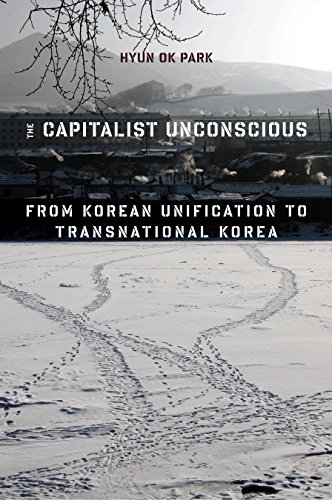
Length: 378 pages Enhanced Typesetting: Enabled Page Flip: Enabled
The unification of North and South Korea is widely considered an unresolved and volatile matter for the global order, but this book argues capital has already unified Korea in a transnational form. As Hyun Ok Park demonstrates, rather than territorial integration and family union, the capitalist unconscious drives the current unification, imagining the capitalist integration of the Korean peninsula and the Korean diaspora as a new democratic moment. Based on extensive archival and ethnographic research in South Korea and China, The Capitalist Unconscious shows how the hegemonic democratic politics of the post-Cold War era—reparation, peace, and human rights—have consigned the rights of migrant laborers—protagonists of transnational Korea—to identity politics, constitutionalism, and cosmopolitanism. Park reveals the riveting capitalist logic of these politics, which underpins legal and policy debates, social activism, and media spectacle. While rethinking the historical trajectory of Cold War industrialism and its subsequent liberal path, this book also probes memories of such key events as the North Korean and Chinese revolutions, which are integral to migrants’ reckoning with capitalist allures and communal possibilities. Casting capitalist democracy within an innovative framework of historical repetition, Park elucidates the form and content of the capitalist unconscious at different historical moments and dissolves the modern opposition among socialism, democracy, and dictatorship. The Capitalist Unconscious astutely explores the neoliberal present’s past and introduces a compelling approach to the question of history and contemporaneity.
Review
A stunningly original and significant contribution to a field that seems mired in a Cold War long passed. Not only does Park seek to untie the knotted problem of the two Koreas, but she also persuasively provides an exemplary guided to how best unveil the interacting entanglements of history and the contemporary moment.
(Harry Harootunian, Columbia University)
About the Author
Hyun Ok Park teaches sociology at York University. She writes about global capitalism, transnational migration, empire, postcolonialism, and the issues of comparison and comparability. She is the author of Two Dreams in One Bed: Empire, Social Life, and the Origins of the North Korean Revolution in Manchuria.
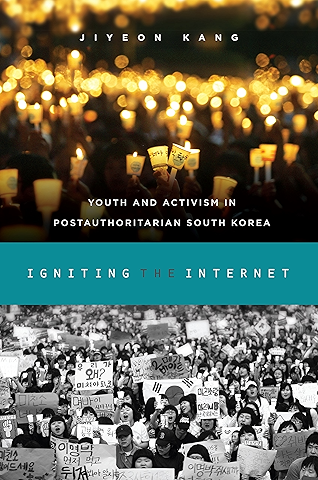
Igniting the Internet: Youth and Activism in Postauthoritarian South…
Jiyeon Kang
5.0 out of 5 stars 2
Kindle Edition1 offer from AUD 49.85
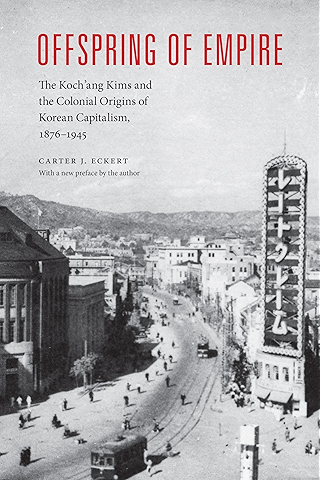
Offspring of Empire: The Koch'ang Kims and the Colonial Origins of…
Carter J. Eckert
4.1 out of 5 stars 4
Kindle Edition1 offer from AUD 34.83
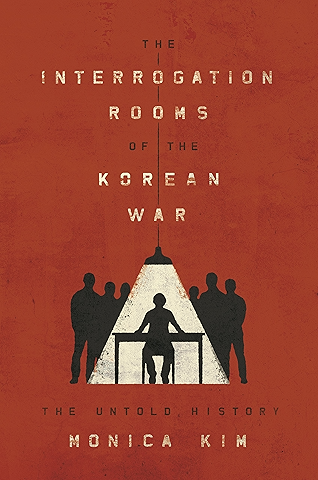
The Interrogation Rooms of the Korean War: The Untold History
Monica Kim
5.0 out of 5 stars 1
Kindle Edition1 offer from AUD 34.83
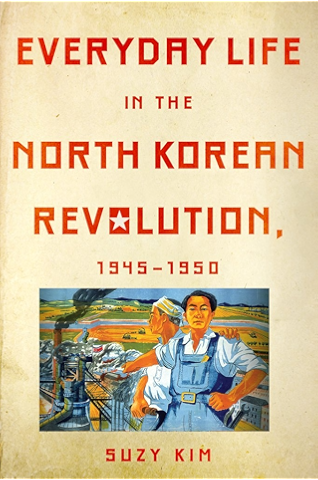
Everyday Life in the North Korean Revolution, 1945–1950
Suzy Kim
4.0 out of 5 stars 6
Kindle Edition1 offer from AUD 19.89

I Have the Right to Destroy Myself (Harvest Original)
Young-ha Kim
3.5 out of 5 stars 33
Kindle Edition1 offer from AUD 19.34
Next
Product details
File Size: 1837 KB
Print Length: 378 pages
Customer reviews
4.0 out of 5 stars
4 out of 5
1 customer rating
Top Reviews

DarrenIngram_dot_com
4.0 out of 5 stars Classic resourceReviewed in the United States on January 29, 2016
Format: Hardcover
This is a very specialist book that focuses on the issues surrounding the potential reunification of North and South Korea, a present day tinderbox of conflict and potential war.
The whole “North Korea” situation is quite interesting and gets a disproportionate amount of news coverage due to its unique, fairly lengthy history, and thus the opportunity to read this detailed, comprehensive book was seized upon. It clearly won’t be something the general reader will stumble over due to its price and style, which is orientated towards the specialist and academic. That is a shame, but there is a good chance this will be stocked in libraries for general perusal by the curious.
One of the author’s contentions is that despite the unresolved political issues between the two countries, many changes have already taken place on a capital rather than territorial level. Capitalism spreads its wings and this seeps through and starts to link if not directly unify the two Koreas, the self-same changes are being slowly embraced by North Koreans, who cautiously seek change in their highly controlled society and, of course, both developed and restricted by an uncertain ruling party.
The book is written in a fairly heavy-going, yet informative style with lots of references and a deep bibliography to allow scholars and the eminently curious plenty of additional reading opportunities. It provides an engaging look at small political and socioeconomic changes in the country and the near region as well as considering how changes may be effected in the coming times, concluding that whilst the two Koreas may be divided and different, they share more commonalities than might usually considered.
For those who need this sort of information, it clearly can become a classic, invaluable resource.
3 people found this helpful
No comments:
Post a Comment